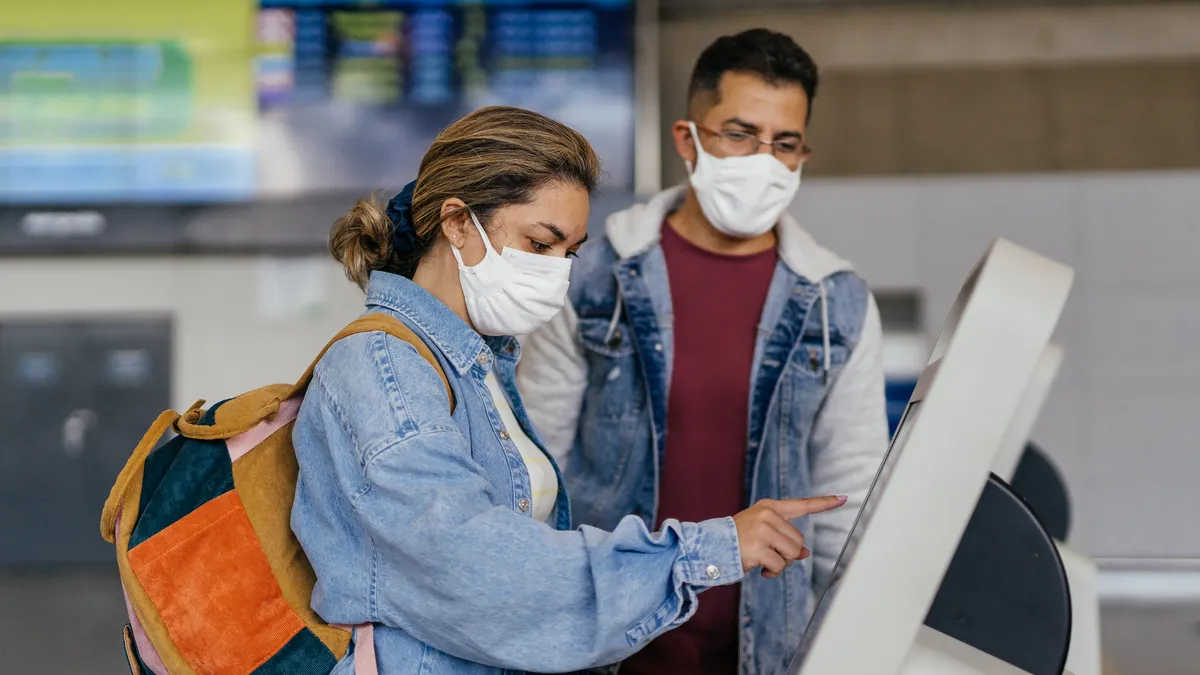Dive Brief:
- In a Cigna survey, 98% of expat respondents said they’re experiencing symptoms of burnout, driven by feeling that they can’t switch off from work. Generally speaking, 90% said they are stressed. Cigna’s report, Burned Out Overseas — The State of Expat Life 2022, released June 23, gathered insights from 11,922 workers across the globe.
- In addition to feeling overworked, expats are feeling overwhelmingly isolated, with 86% reporting they feel “detached or alone,” and 87% saying they feel “helpless, trapped or defeated.” Further, the desire to be closer to family is a renewed priority for current expats — especially those who have been abroad for more than five years, the report said.
- Both the distress and the reconsideration of priorities seem directly tied to the COVID-19 pandemic. Notably, 73% of current expats and 75% of those planning to go abroad within the next two years said they’ve been reassessing their priorities since the pandemic.
Dive Insight:
Talent teams have plenty of chances to put their problem-solving skills to the test regarding international workforces. The pandemic’s impact on global employers and their scattered workforces is undeniable — and possibly traumatic. Many employers grappled with what Mercer Strategy called “re-relocation,” although some hardships were mitigated by the world’s turn to digital-first interactions.
“Border closings, flight interruptions, mandatory confinements, and other short-term disruptions have affected not only the cost of goods and services, but also the quality of living of assignees,” Head of Mercer Strategy Ilya Bonic said in a June 2020 statement. Bonic, Mercer’s career practice lead, added that climate anxiety pushed expatriates to examine how their city’s sustainability practices intersected with their living standards — a conversation Bonic tied back to employee well-being and engagement.
Cigna International Markets’ head of HR, Michelle Leung, echoed this sentiment as the results of the April and May 2022 surveys were published. “With memories of restricted travel likely to remain for the foreseeable future, the emphasis on being able to travel and easily visit loved ones will be likely to continue,” she said in the report.
As companies continue to send employees overseas, Cigna’s insights indicate a cultural shift to less adventurous, shorter term assignments. In general, expatriates and future multinationals are reshuffling their priorities. Twenty-two percent of expats currently overseas said that an enhanced healthcare plan was of utmost importance. Only 32% of workers abroad said they were “confident” they’d remain overseas, but 54% said they’re undecided, “highlighting the ongoing uncertainty many feel,” researchers noted.
For those still set on going abroad, about a third (28%) of aspiring expats told Cigna that flexible hours were “critical,” with 16% saying they wanted the ability to work from anywhere.
Stella George, Cigna International Markets’ chief medical officer, described the ways in which workers who are new to the expat game are primed to be sent abroad. "While many will be moving closer to home, many ambitious younger professionals will also start taking advantage of the opportunities that overseas postings offer, such as quick promotion, flexible working and other incentives. These benefits are especially attractive to people earlier in their careers,” she said in a press release.
George also doubled down on the importance of health care — particularly workplace mental health initiatives. “With a new generation of young expats, it is critical that they have the support they need to be successful. It is essential that this includes robust mental health support, giving them the tools they need to be resilient in a still uncertain world,” she said in the report.













